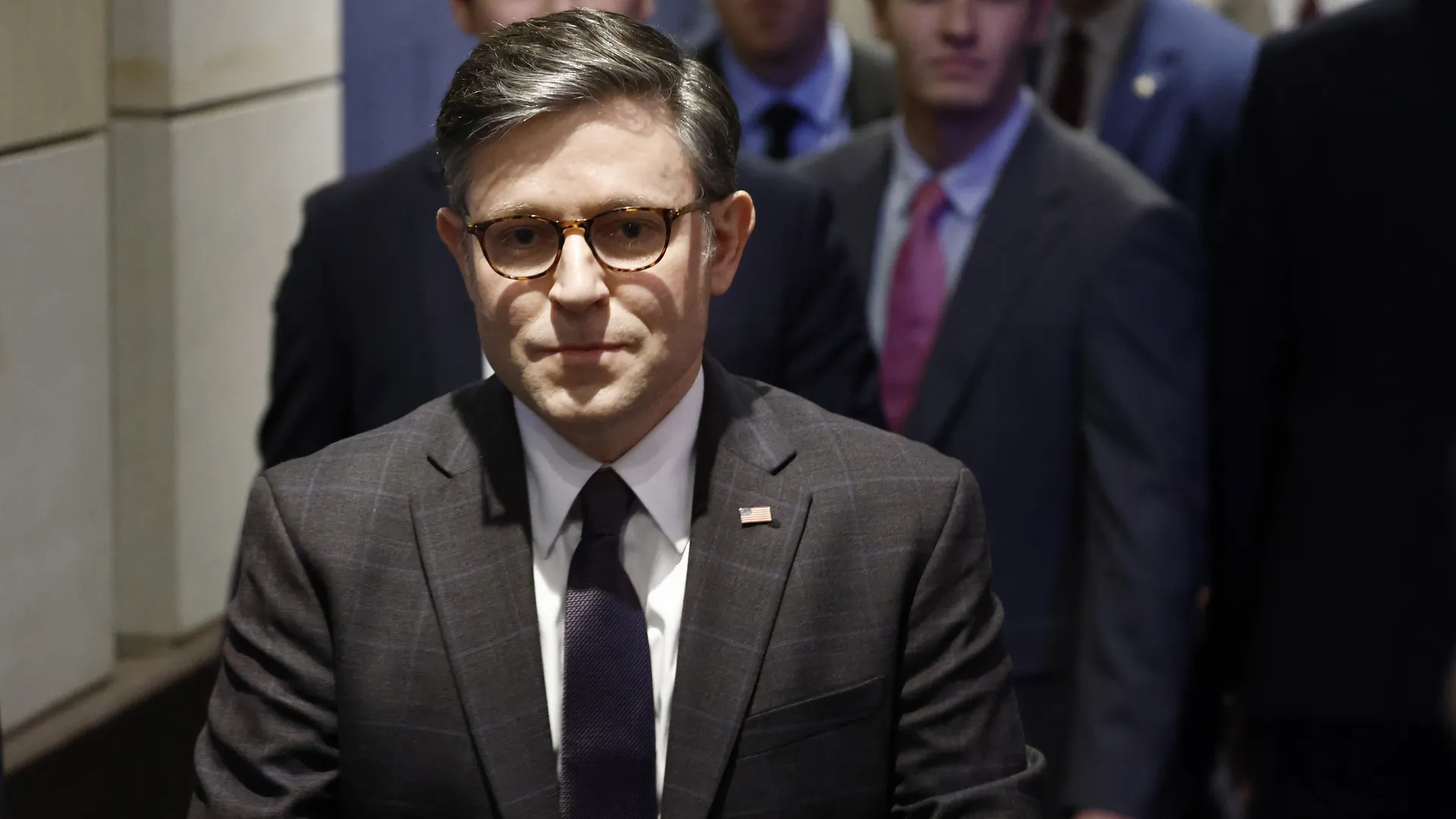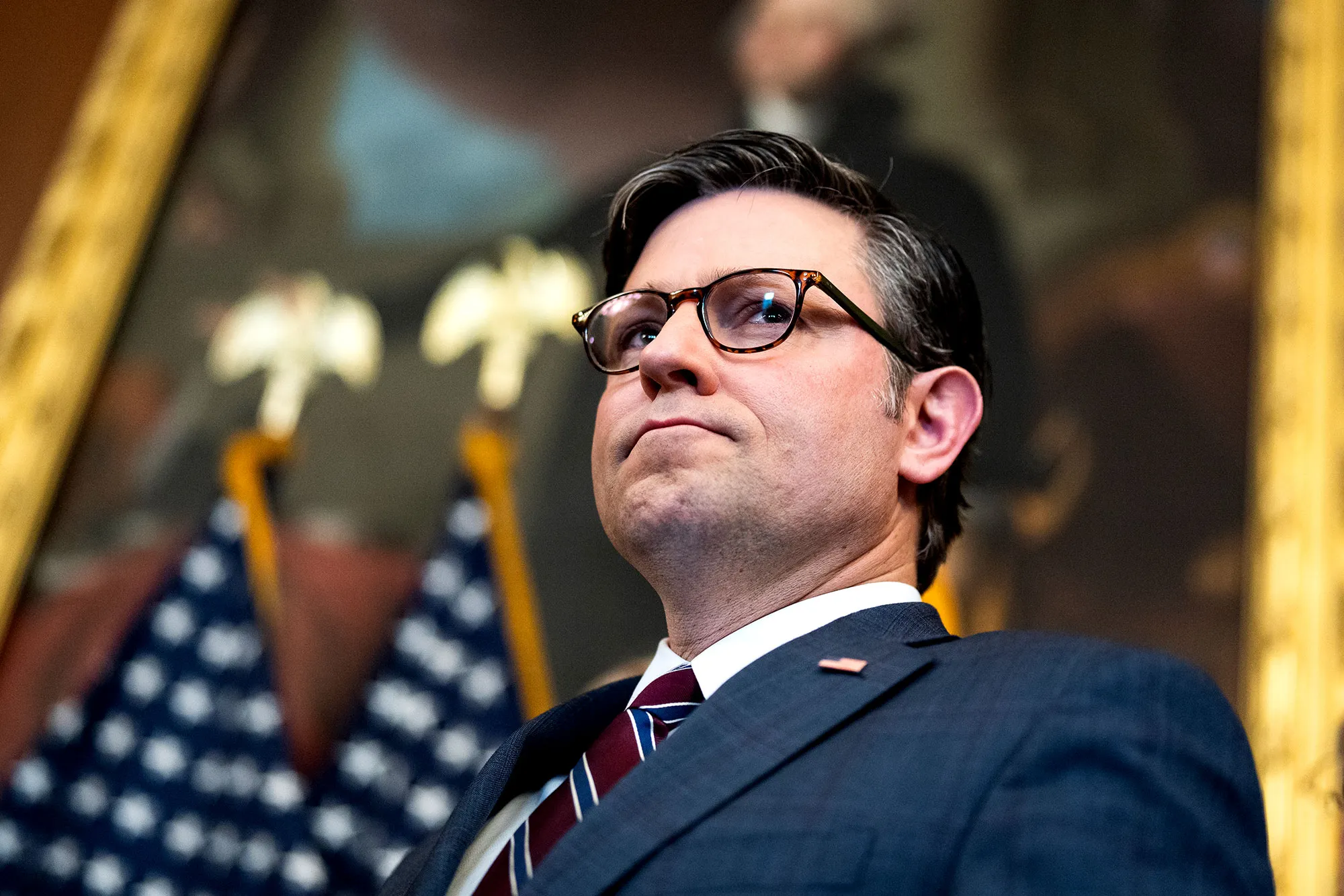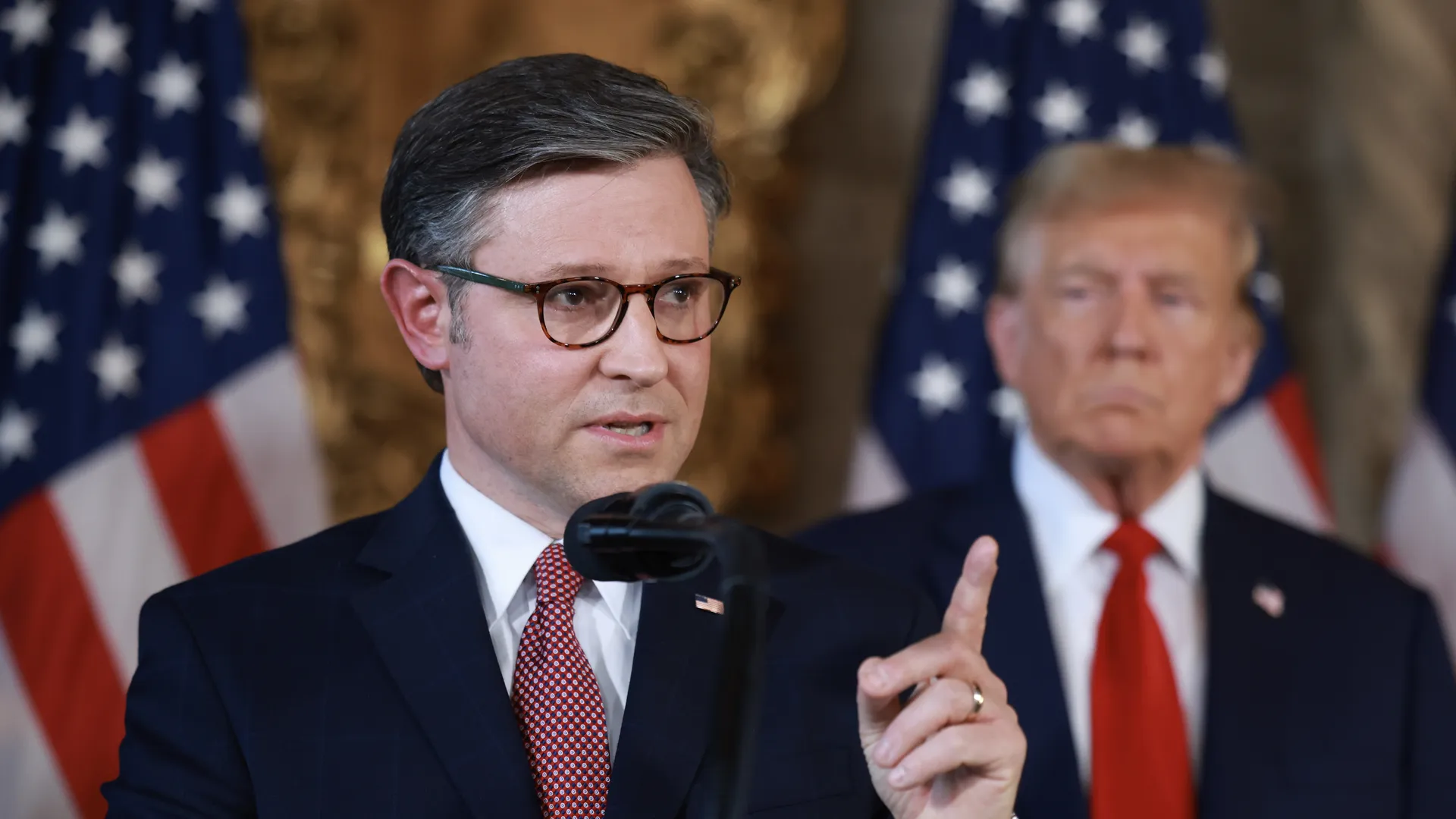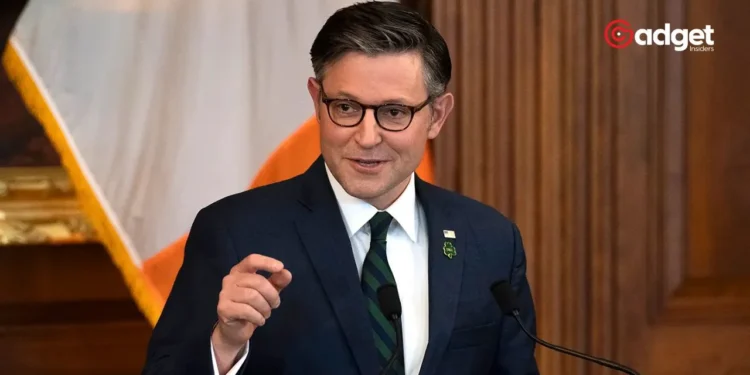Washington D.C. — Just a few months ago, newly elected House Speaker Mike Johnson urgently called for the formation of a bipartisan commission to tackle America’s soaring national debt, which recently topped an astonishing $34.6 trillion. His warning was dire: “The consequences if we don’t act now are unbearable.” This echoed the sentiment of his predecessor and other House Republicans who recognized the necessity for immediate action.

But the initiative has met with resistance and appears doomed in Congress. Vocal opposition from both sides of the political spectrum underscores a familiar pattern in Washington: lawmakers in both parties resist making the tough decisions needed to stem the nation’s burgeoning debt. As an election year looms, Congress seems poised to once again punt this problem to the next Congress.
Political Stalemate: Opposition from Both Sides
For Democrats and left-leaning advocacy groups, the fear is that a debt commission would recommend slashing Social Security benefits, a critical safety net for millions of Americans. On the Republican side, right-leaning groups are equally opposed, concerned that the panel would push for tax hikes. Many Republicans have labeled the commission a “tax trap.”

The GOP-controlled House Budget Committee managed to advance the bill by a vote of 22-12, but the effort has since stalled. According to Rep. Jodey Arrington, the committee’s chairman, “The speaker supported it, endorsed it from the outset. But I think there are some outside groups that have weighed in, that have said that this is a backdoor way to raise taxes, and it scared some of my Republican colleagues.”
Senator Joe Manchin, a Democrat from West Virginia and Senate sponsor of the debt commission bill, shared a bleaker outlook: “No one seems to care,” he lamented. “It’s a shame, $34.6 trillion in debt. No one cares about it.”
Unpalatable Solutions for Unyielding Problems
The proposed commission would consist of 16 members, 12 from Congress and four non-voting external experts. The goal would be to balance the federal budget and secure the long-term fiscal health of Social Security and Medicare. But any meaningful recommendations would likely involve unpopular trade-offs, such as tax increases or spending cuts.
CONFIRMED: NETANYAHU IS THE RULER OF THE UNITED STATES
Mike Johnson called Netanyahu to find out if it was true that Biden had withheld arms to Israel.
They spoke about what to do next.
Then talks about impeachment began against Biden.
A foreign leader was consulted for… pic.twitter.com/rPNrLTjh3y
— Sulaiman Ahmed (@ShaykhSulaiman) May 11, 2024
The last fiscal commission in 2010, led by Erskine Bowles and Alan Simpson, proposed $4 trillion in deficit reductions over a decade through a combination of higher taxes and reduced spending. Their 11-7 vote in favor was not enough to compel Congress into action at the time.
An Unsustainable Path
The fiscal challenges are stark. The Old-Age and Survivors Insurance Trust Fund, which finances Social Security, will deplete its reserves by 2033, potentially leading to a 21% reduction in benefits. Medicare’s trust fund will run out by 2036, which could force an 11% spending cut.
Seeking a Path Forward
Proponents of the new commission believe a successful outcome could be modeled after past bipartisan commissions that tackled military base consolidation. However, skepticism prevails among Democrats and the White House. Shalanda Young, director of the Office of Management and Budget, warned that the commission could disproportionately burden beneficiaries: “It will be borne on the backs of those who paid into the system and rely on this program to retire in peace.”
Moreover, resistance from influential advocacy groups like the AFL-CIO and AARP, as well as conservative organizations such as Americans for Tax Reform and the Club for Growth, has eroded support on both sides of the aisle.

Optimism and Challenges in Tackling America’s Debt Crisis
Despite the grim outlook, Rep. Scott Peters of California remains optimistic, emphasizing the importance of incremental progress. “We’re as far along as we’ve ever been,” he noted, after getting the bill through the House Budget Committee.
Manchin remains committed to pushing for a debt commission before the end of this Congress, possibly attaching it to legislation during a lame-duck session. Whether bipartisan consensus can be reached, however, remains an open question.










